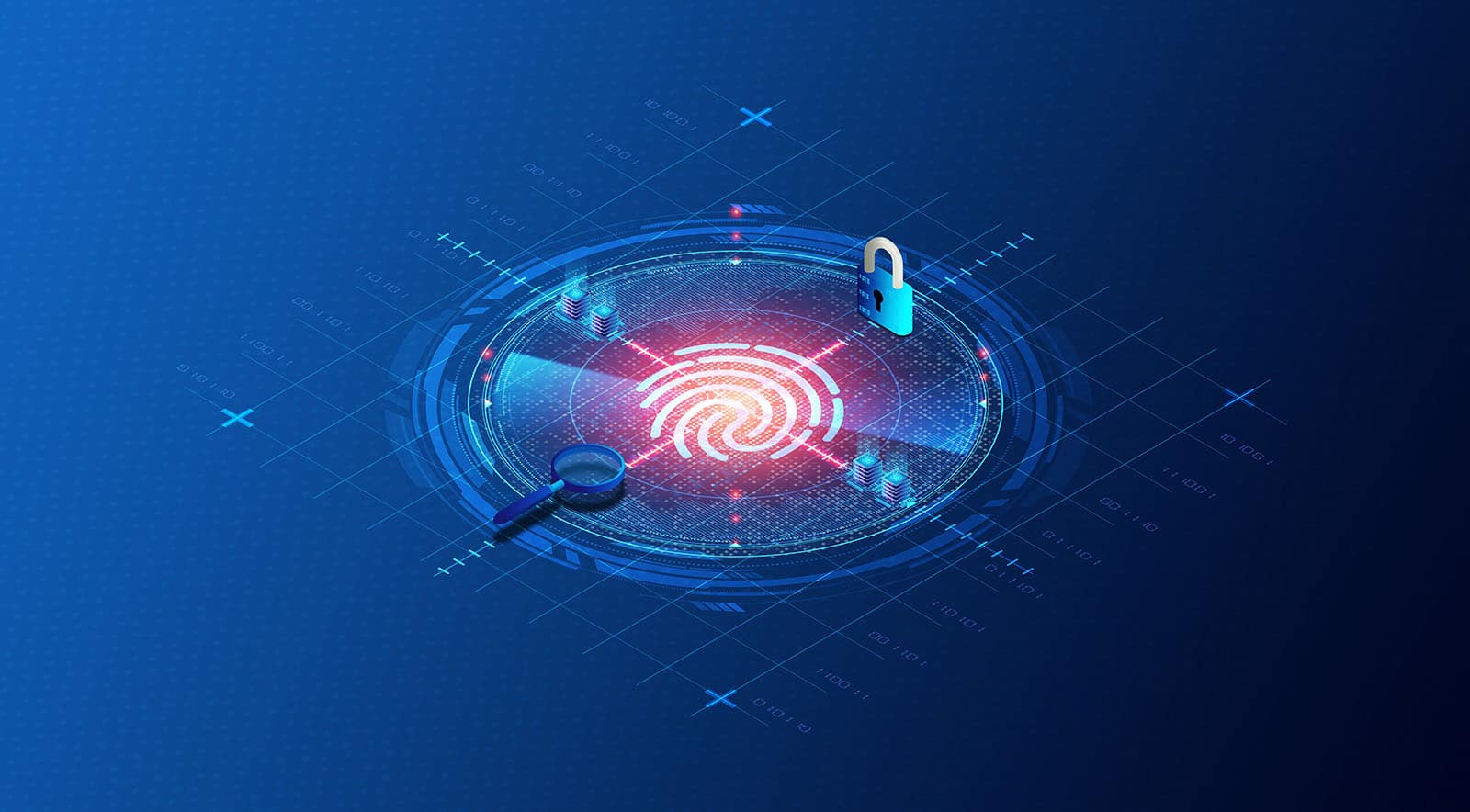When a user logs in, clicks an ad, or completes a transaction, their IP address is one of the first pieces of information available. It’s immediate, universally present, and incredibly telling—if the data behind it is reliable. Across industries, IP geolocation is used to deliver localized experiences, detect fraud, enforce content rights, assess risk, and make thousands of real-time decisions each second.
But IP data is only as valuable as it is accurate. While many solutions provide basic IP-to-location mapping, what truly drives performance and trust is high-quality IP geolocation data enriched with context, behavior, and network-level visibility.
The Critical Role of Accuracy
Location-based decisions have significant implications. Consider an ad campaign targeting users in a specific metro area. If the IP data is even slightly inaccurate—misclassifying suburban users as urban dwellers, or misplacing mobile IPs across state lines—the performance of that campaign drops dramatically. Impressions are wasted. Attribution data becomes unreliable. Budget efficiency suffers.
The same applies in regulated industries such as online gambling, where accuracy is non-negotiable. A betting platform that misidentifies a player’s location could allow wagers from a jurisdiction where gambling is prohibited—exposing the company to severe compliance penalties and reputational damage. Similarly, a fintech company that fails to flag mismatched geolocation during a transaction could open itself to unnecessary risk or regulatory scrutiny.
These aren’t edge cases—they’re everyday operational realities. The margin for error is slim, and the consequences of getting location wrong ripple throughout the entire digital stack.
What Sets High-Quality IP Data Apart
High-quality IP data goes far beyond matching an IP address to a city. It’s built from a dynamic, multilayered system that incorporates hourly updates, behavioral insights, and infrastructure-level context.
Frequent updates are essential. IP addresses—especially those used by mobile carriers or rotating proxies—change constantly. Without a data source that refreshes, at a minimum, weekly, organizations risk making decisions based on outdated or misleading information.
Another key differentiator is the presence of behavioral and structural indicators. High-quality IP intelligence reveals more than just geography—it identifies how many devices are behind an IP, how often it moves, whether it’s associated with residential or commercial infrastructure, and if it’s ever been linked to anonymization tools like VPNs or proxies. This depth of insight empowers businesses to assess risk, target effectively, and personalize responsibly.
Network intelligence also plays a major role. Knowing which autonomous system (ASN) owns the IP, whether it’s tied to a mobile network or cloud host, and what kind of traffic behavior it typically supports helps companies separate normal user activity from potential threats or anomalies.
Why Basic IP Data Falls Short
Many businesses rely on off-the-shelf IP data that prioritizes breadth over depth. These datasets are often aggregated from third-party sources, updated infrequently, and lack transparency into how locations are derived. This can result in major inconsistencies—like identifying rural IPs as city-based or missing major reassignment events due to ISP reallocation.
What seems like a cost-saving choice often creates more problems down the line. Misattributed geolocation leads to misinformed decisions. Flagging the wrong users as suspicious erodes trust. Showing the wrong content or blocking access for legitimate customers leads to churn.
Ultimately, basic IP data isn’t just a weak link—it’s a liability.
The Strategic Advantage of Getting It Right
Investing in high-quality IP geolocation data gives organizations the confidence to act quickly and the clarity to act correctly. Whether it’s approving a login, launching a campaign, serving regional content, or verifying a user’s location, those decisions are stronger when powered by trustworthy data.
It’s not just about location—it’s about understanding the digital environment an IP represents. The more context you have, the better your systems perform, the smoother your user experiences become, and the more efficiently you can manage risk.
Ready to Power Smarter Decisions?
Digital Element delivers industry-leading IP intelligence that goes beyond location–providing the context, accuracy, and real-time visibility that organizations need.

